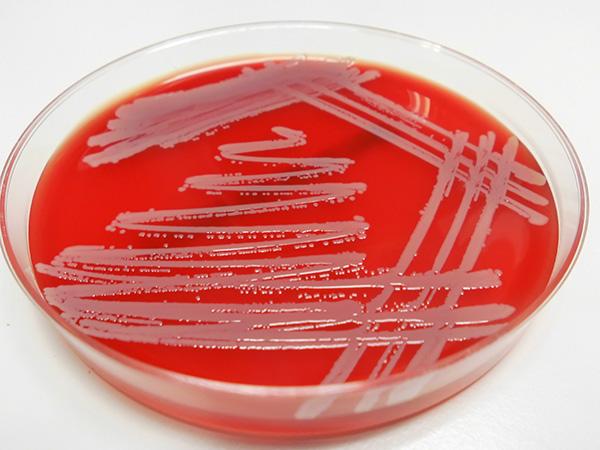Widely available antibiotics could target common strains of superbug
A combination of antibiotics and a drug used to treat kidney infections could effectively treat a common superbug and limit the impact of antibiotic resistance.

Some infections caused by the superbug MRSA – including one of its most widespread strains – could be tackled using common antibiotics, research suggests.
An international team used genome sequencing technology to examine how a combination of penicillin with clavulanic acid – a medicine used to treat kidney infections – can be used to target infections caused by MRSA, which can be serious and resistant to treatment.
They identified the genes that make MRSA susceptible to treatment with a mixture of the drugs, in which clavulanic acid prevents an enzyme in the bacteria from destroying penicillin.
The development could help address the growing threat of antibiotic resistance, in which medicines have become less effective against some bacteria, increasing the likelihood of untreatable infections.
The genetics of antibiotic resistance
Researchers led by scientists at the University of Cambridge and the Wellcome Sanger Institute and involving The Roslin Institute identified a number of relevant mutations – changes in the DNA sequence – of MRSA.
These were centred around a protein known as Penicillin-Binding Protein 2a (PBP2a), which is known to enable MRSA strains to keep growing in the presence of penicillin and similar antibiotics.
Two of these mutations reduced the amount of PBP2a produced, while two others increased the ability of penicillin to bind to PBP2a in the presence of clavulanic acid. Overall, the effect of these mutations was that a combination of penicillin and clavulanic acid could overcome the resistance to penicillin in a proportion of MRSA strains.
The team then looked at a range of MRSA strains and found that a significant number - including the dominant strain in the US - contained both the mutations that were found to confer susceptibility.
Treating MRSA with existing drugs
Their result means that one of the most widespread strains of MRSA-causing infections could be treated by a mixture of drugs already licensed for use.
Researchers used the two drugs to treat MRSA infections in moth larvae and mice. They will next carry out further experimental work towards a clinical trial in patients.
Their study, in collaboration with colleagues from Denmark, Germany, Portugal, and the US, is published in Nature Microbiology.
This study highlights the importance of genomic surveillance – collecting and sequencing representative collections of bacterial strains.
By combining the DNA sequencing data generated by genomic surveillance with laboratory testing of the strains against a broad selection of antibiotics, we may find other unexpected chinks in the armour of antibiotic-resistant bacteria that might give us new treatment options.
These findings highlight that currently available drugs may be effective against serious infection caused by MRSA, which may represent a new approach to targeting a significant problem in modern healthcare.
The research was funded by the Medical Research Council (MRC), Wellcome and the Department of Health.
** The Roslin Institute receives strategic investment funding from the Biotechnology and Biological Sciences Research Council and it is part of the University of Edinburgh’s Royal (Dick) School of Veterinary Studies. **
Relevant links
Superbug discovery renews hope for antibiotic treatment
Gene study pinpoints superbug link between people and animals


